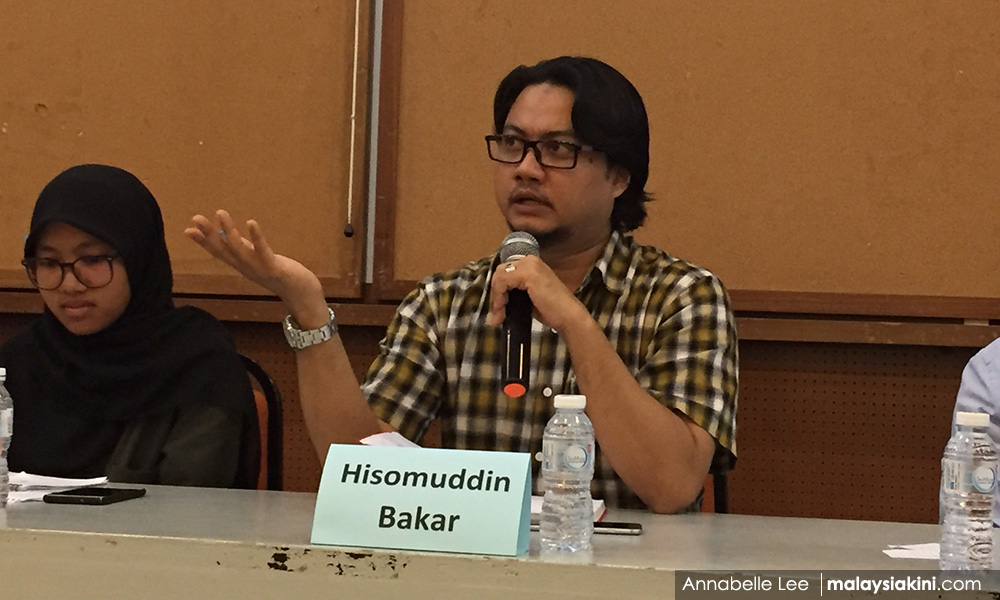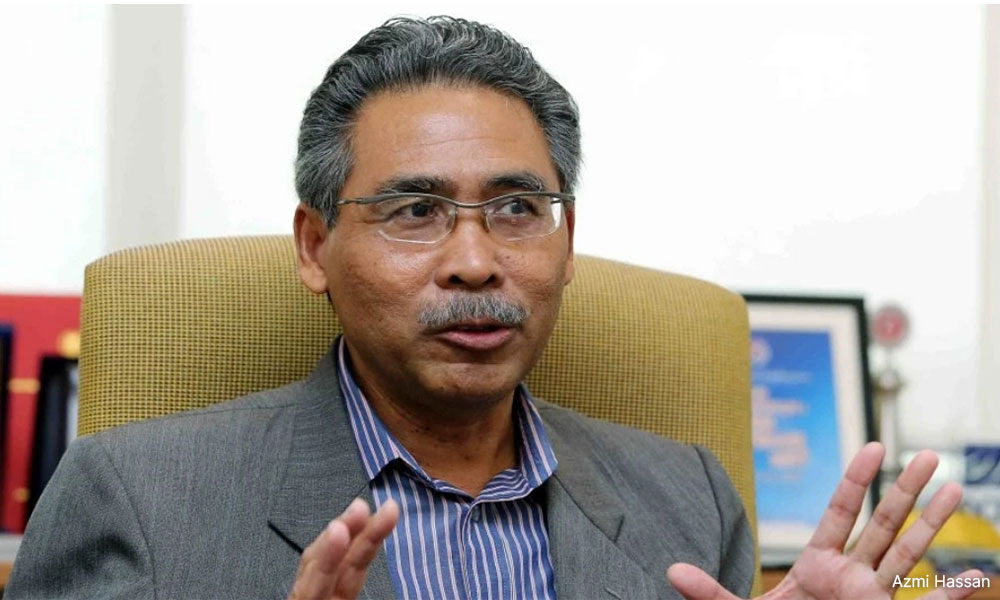The Tioman by-election campaign last night witnessed something that many thought would never happen – BN and Pakatan Harapan leaders sharing the same stage to campaign for the BN candidate.
The historic event came after Harapan said it would make way for BN in the Tioman state seat, following the two coalitions coming together to form not only the federal government but the Pahang state government as well.
Many are now wondering what a BN-Harapan cooperation would look like at the polls, especially in the upcoming six state elections next year.
The first test would be Tioman itself, said think tank Ilham Centre executive director Hisomuddin Bakar.
“(Pahang Menteri Besar) Wan Rosdy (Wan Ismail) yesterday called for unity between BN and Harapan to ensure lasting political stability.
“I see this as a reasonable call because the Tioman by-election can actually be used as an empirical test for the new political alignment between BN and Harapan,” Hisomuddin said when contacted by Malaysiakini.

Not only will Tioman be a testing ground for cooperation between the two coalitions, but it will also test whether the voters there can accept such a combination, he said.
Harapan and BN were forced to work together after GE15 resulted in a hung Parliament, which saw Harapan win 82 seats, Perikatan Nasional (PN) 73 seats and BN 30 seats.
With that, for the first time in Malaysian history, a post-election coalition came together, consisting of Harapan, BN as well as GPS, GRS and Warisan, to form the new federal government. Harapan and BN also worked together in Perak and Pahang to form the state governments.
There are many ways this new cooperation between BN and Harapan could play out in future elections.
What happened at the Sabah state election in 2020 shows one possible scenario that could happen, as BN and PN – which were working together at the federal level at the time – came together to negotiate on seats in Sabah under Sabah BN and GRS.
Despite the electoral pact, BN and GRS ended up clashing in a number of seats due to dissatisfied candidates or negotiations falling through at the last minute.
Universiti Malaya political analyst Awang Azman Pawi said the future of the BN-Harapan cooperation will depend on how well the two coalitions can resolve their seat negotiations for the six state elections next year.

“This (the seat negotiations) will be an indication of the level of political stability in the states.
“It is very important to decide on a formula on how to distribute the seats, as it will affect not only the states under BN and Harapan but also the stability of the federal government,” Awang added.
Develop ‘healthy differences’
On the other hand, political scientist Wong Chin Huat said he does not agree with BN and Harapan becoming a permanent coalition.
Instead, he proposed something he said may sound “counter-intuitive” for the medium term, that is for BN and Harapan to develop “healthy differences” and compete in a friendly manner against each other in some seats in the next general election.

However, for now, he said it would be wise for BN and Harapan to put up a single slate of “primarily Umno” candidates in the three PN-led states facing the polls next year.
“If BN and Harapan become a permanent coalition and the voters are left with a binary choice of BN-Harapan and PN, then PN may easily grow as the alternative to BN-Harapan.
“If BN and Harapan are too close to each other, either or both sides would lose their appeal to their core constituencies.
“To beat PN, BN must develop some healthy differences from Harapan, if possible, to let their contest steal voters’ attention and PN’s limelight,” Wong explained.
Not everyone agrees with Wong’s thinking that the BN-Harapan cooperation is a short-term solution against PN.
Senior fellow at Nusantara Academy for Strategic Research Azmi Hassan said the rise of PN, or more specifically PAS, was a “blessing in disguise” in that it forced BN and Harapan to work together.

“BN and Harapan realised that if they do not cooperate, then the onslaught of PN or PAS, post-GE15, will become more of a reality,” Azmi said.
Calling BN-Harapan “good cooperation”, he said he hopes it will last long beyond GE15 as he believes BN and Harapan working together would be good for the country.
“I see Harapan is very similar to BN a few decades ago, in that it comprised all major races from Peninsular Malaysia.
“If they can work together, they can really be a force to be reckoned with,” he said.
The six states slated to have their elections next year are Selangor, Penang, Negeri Sembilan, Kedah, Kelantan and Terengganu. - Mkini

No comments:
Post a Comment
Note: Only a member of this blog may post a comment.